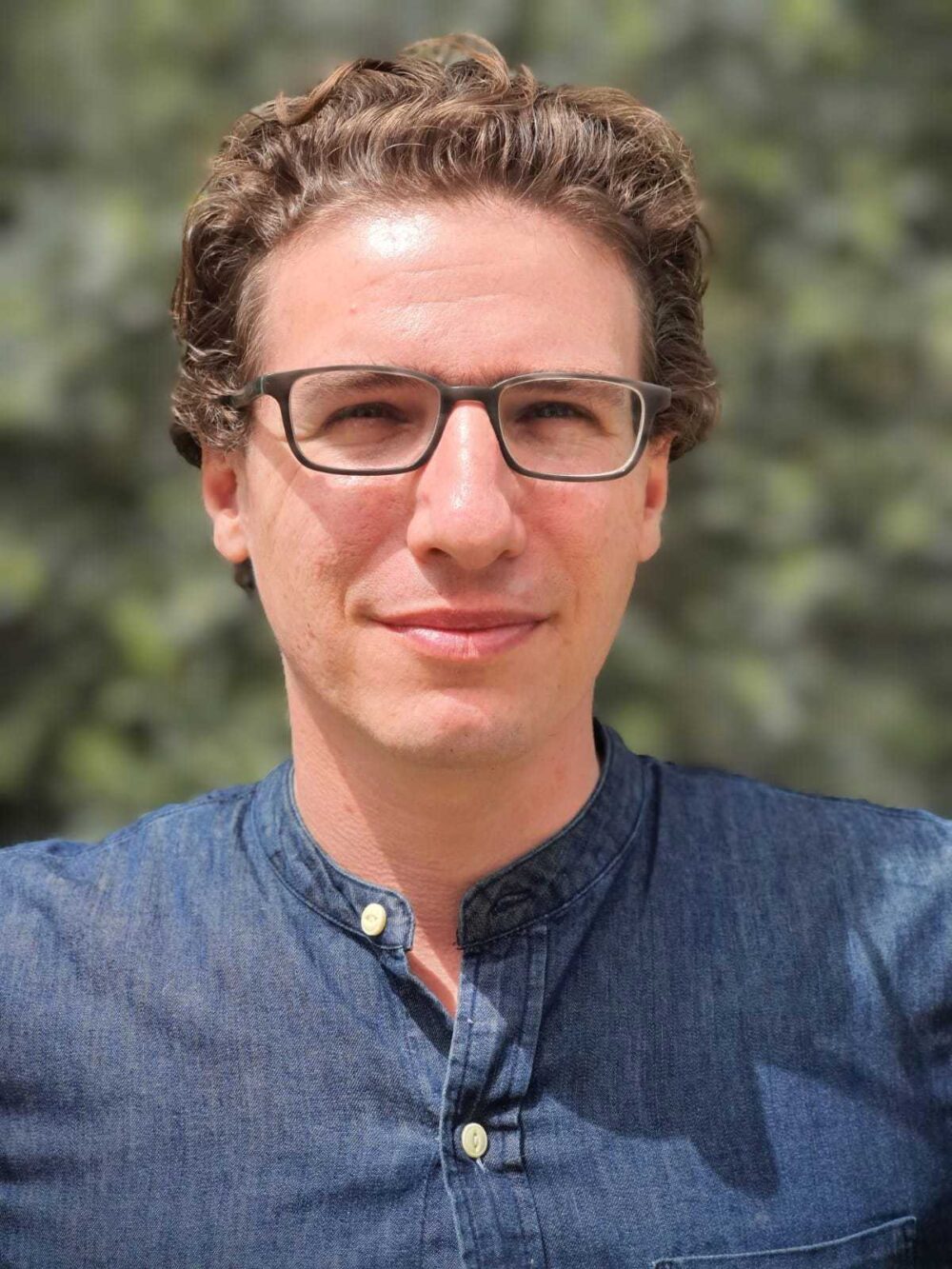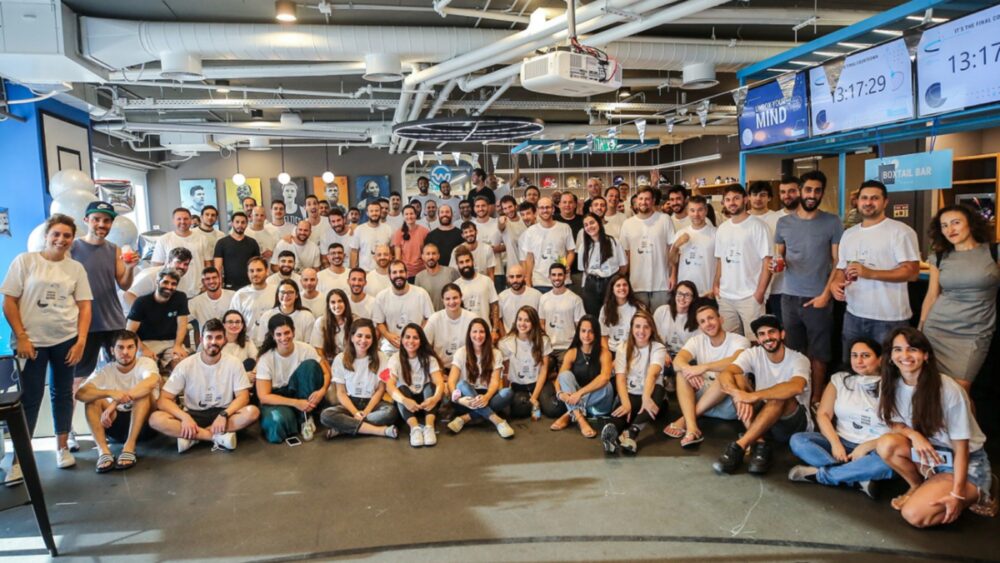Israel makes cancer detection as easy as breathing!
The team, led by Professor Hossam Haick of the Israel Institute of Technology, and an international team of five researchers from 56 countries confirmed that different diseases contain their own “chemical signatures” that can be identified using respiratory samples.
17 kinds of diseases, 13 kinds of common chemical composition
Between January 2011 and June 2014, more than 1,400 patients from Israel, France, the United States, Latvia and China participated in 17 different diseases: lung cancer, colorectal cancer, head and neck cancer, ovarian cancer, bladder Cancer, prostate cancer, kidney cancer, gastric cancer, Crohn & apos; s disease, ulcerative colitis, irritable bowel syndrome, Parkinson & apos; s disease (two types), multiple sclerosis, pulmonary hypertension, preeclampsia and chronic kidney disease. Samples were collected from nine medical centers.
The researchers used well-established analytical methods (mass spectrometry) to test the chemical composition of the respiratory samples. They found that all 17 diseases contained the same 13 chemical components in different proportions .
Professor Haick explained that each disease is characterized by unique fingerprints, because these diseases have 13 different proportions of the chemical composition. Based on these proportions, new techniques can be developed to identify diseases.
Accuracy up to 86%
Developed by Prof. Haick, the “Artificial Intelligence Nanoparticle” technology enables researchers to quickly and cheaply diagnose and classify disease based on the patient’s “sniffing” of the breath, and to analyze data from sensors using artificial intelligence. The sensor contains nanoscale gold particles, while the other sensors contain sensing carbon nanotubes coated with an organic coating.
This is a new realm and trend of disease diagnosis, the benefits are not only very accurate, but also low cost, low power consumption, miniaturization, comfort, and reusable test.
This technology has been developed into SNIFFPHONE, which can sense the disease of the breath tester. SNIFFPHONE uses nanotechnology sensors to analyze particles on respiration, and can accurately identify diseases, such as certain cancers, lungs and even the early stages of neurodegenerative diseases.


